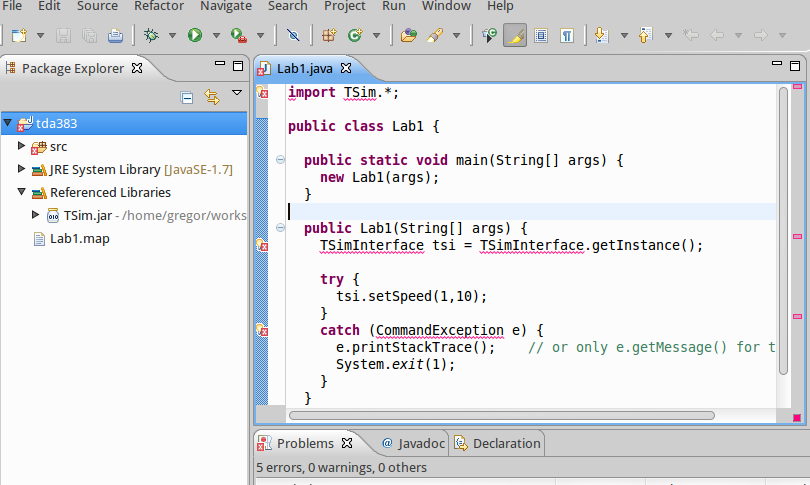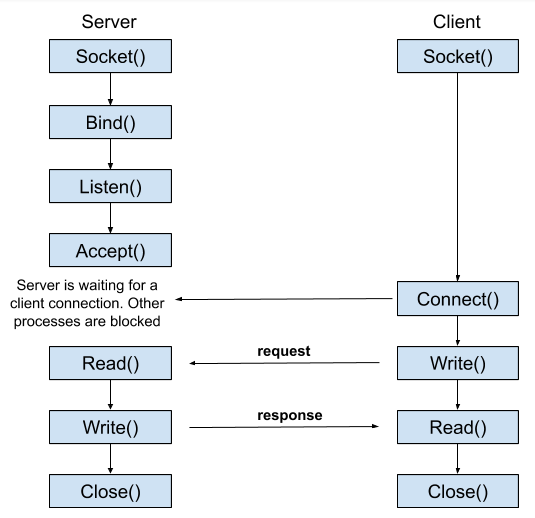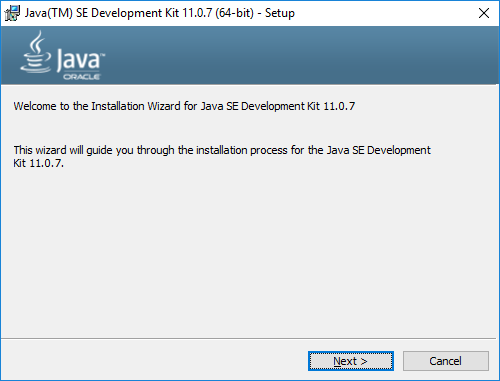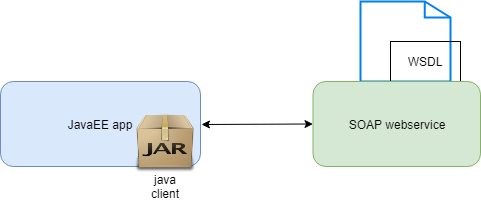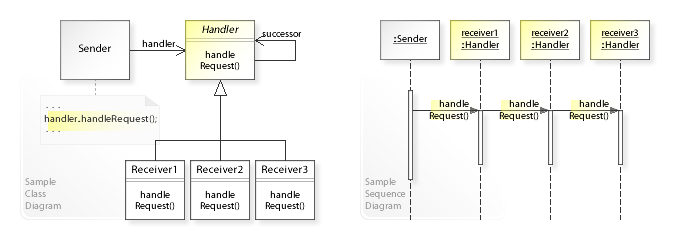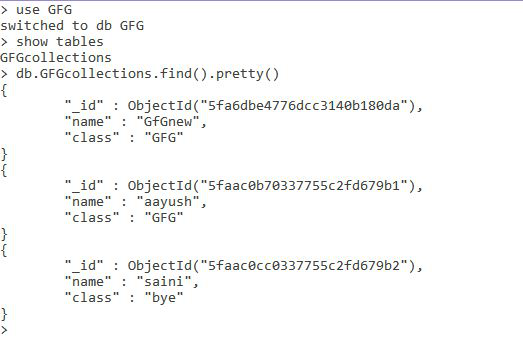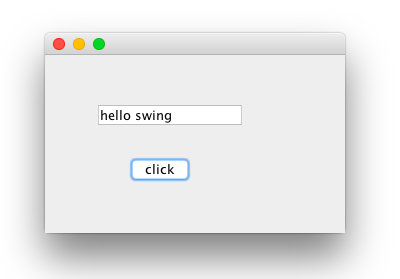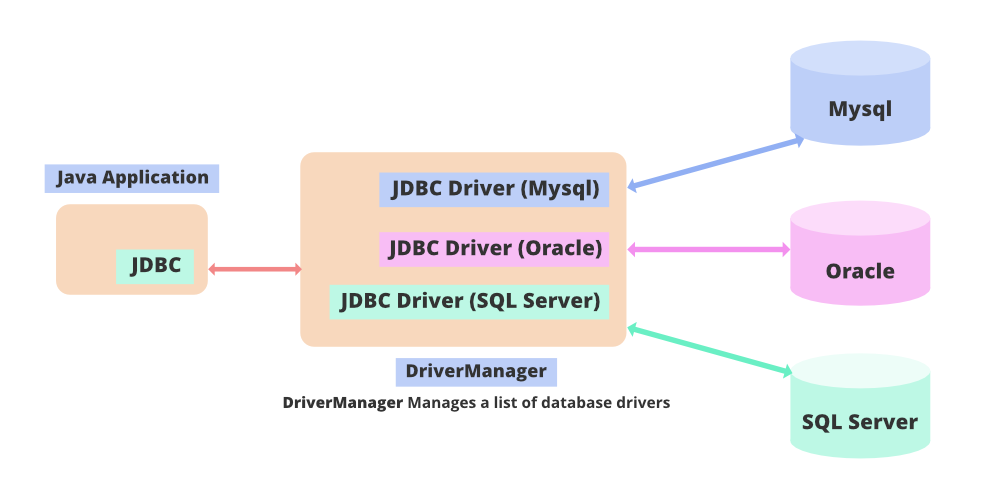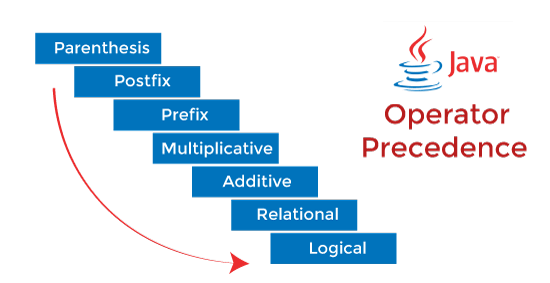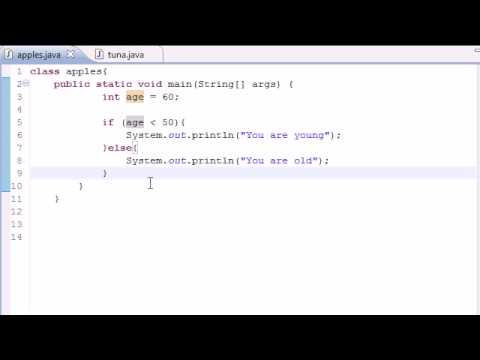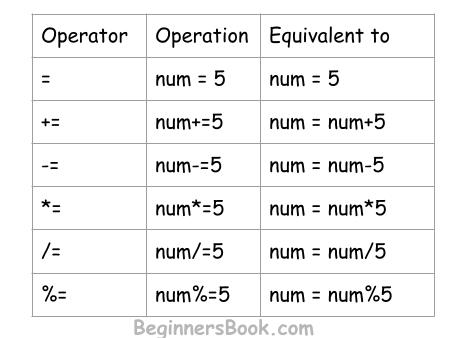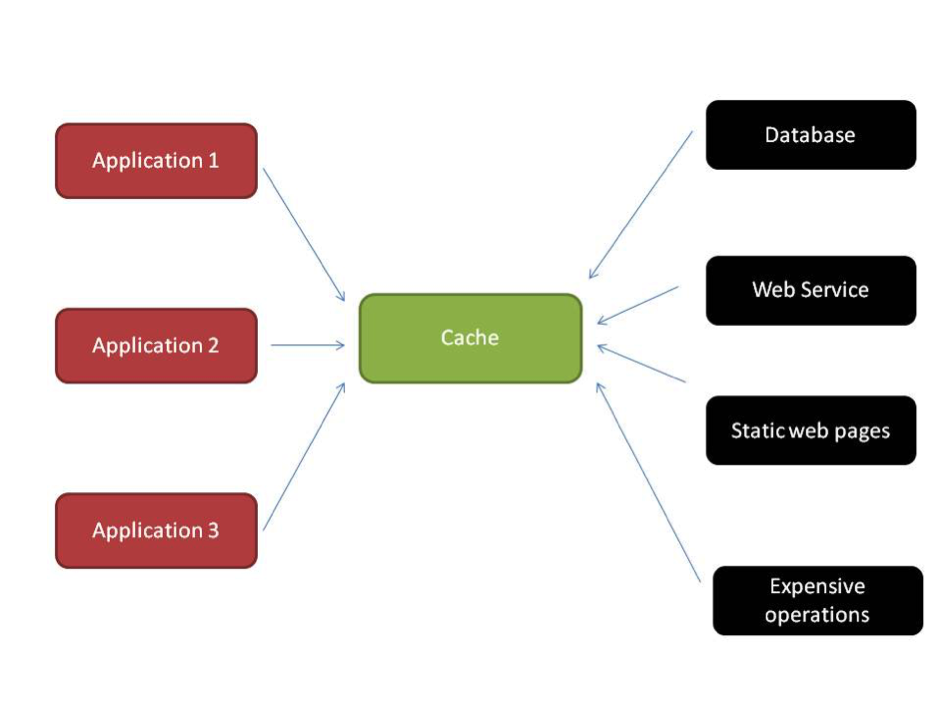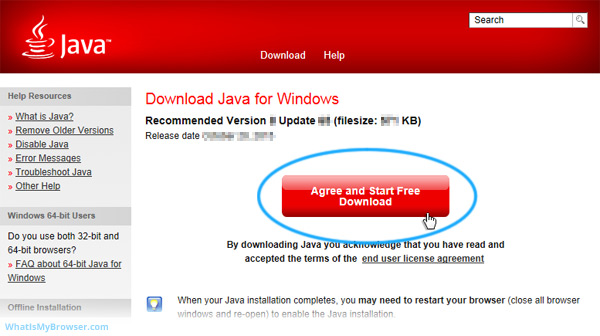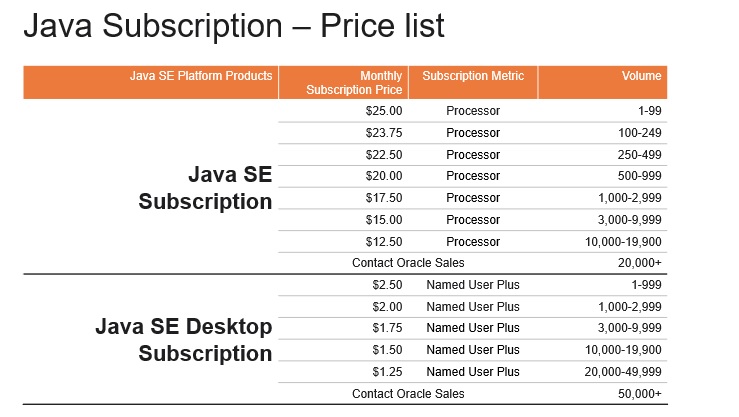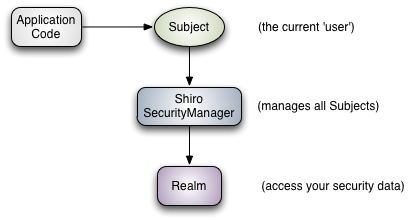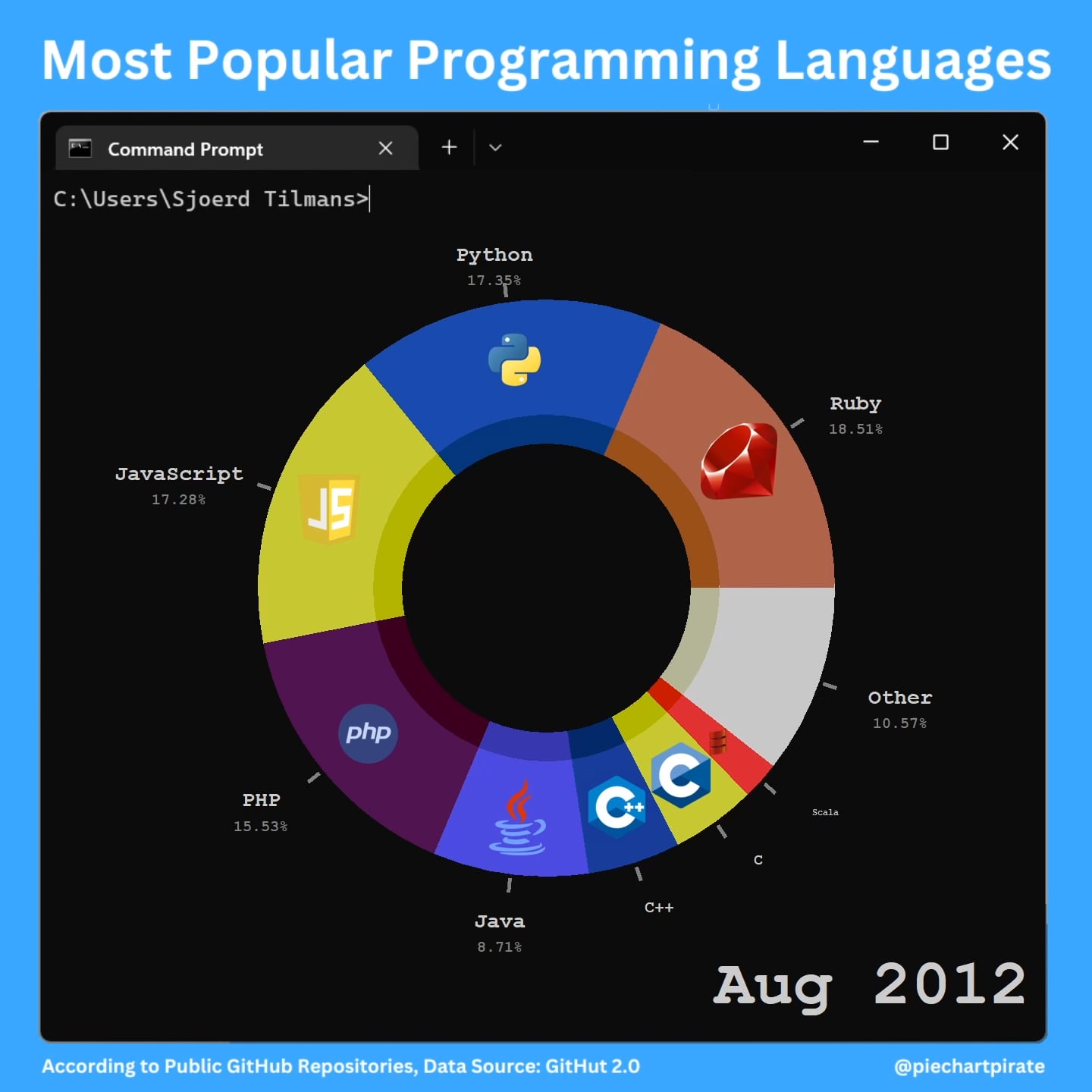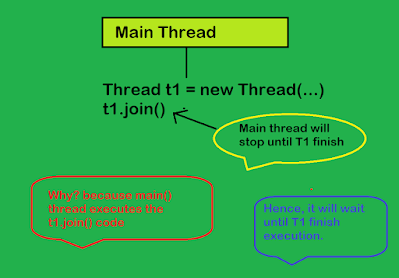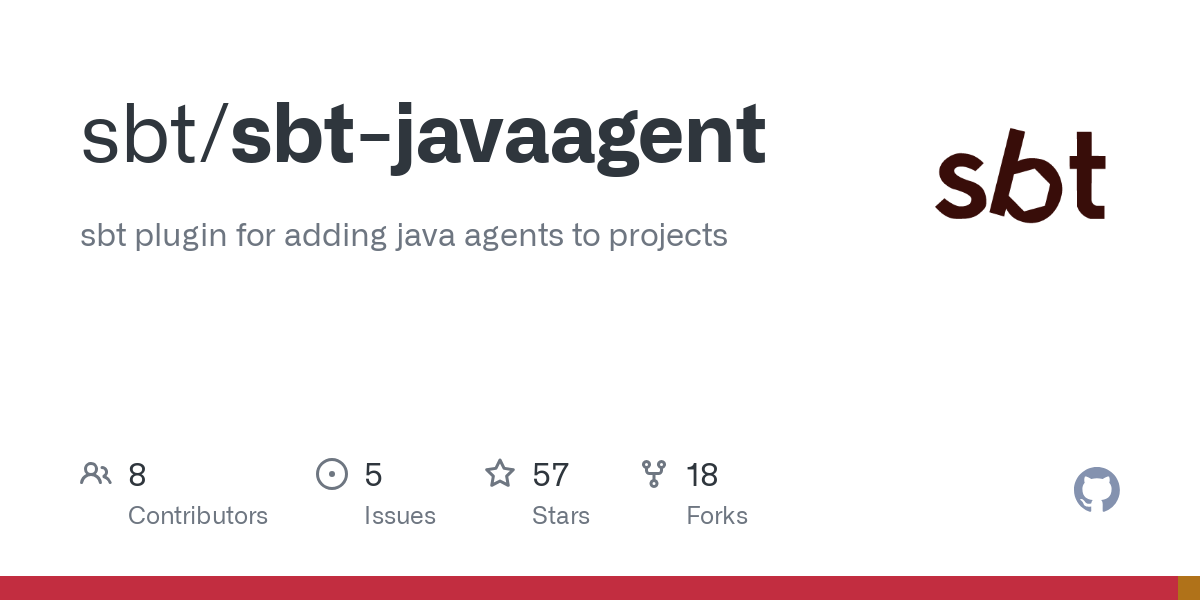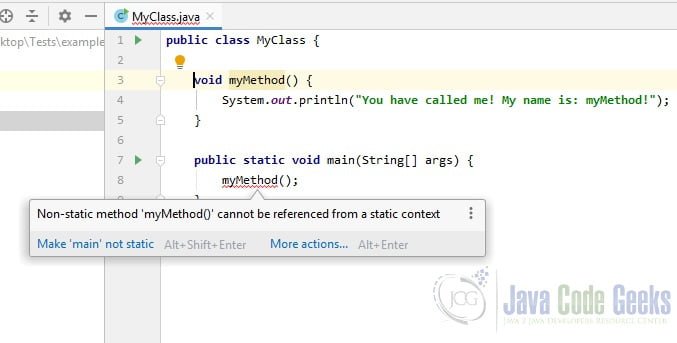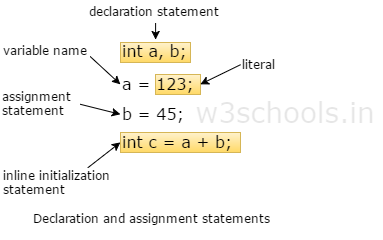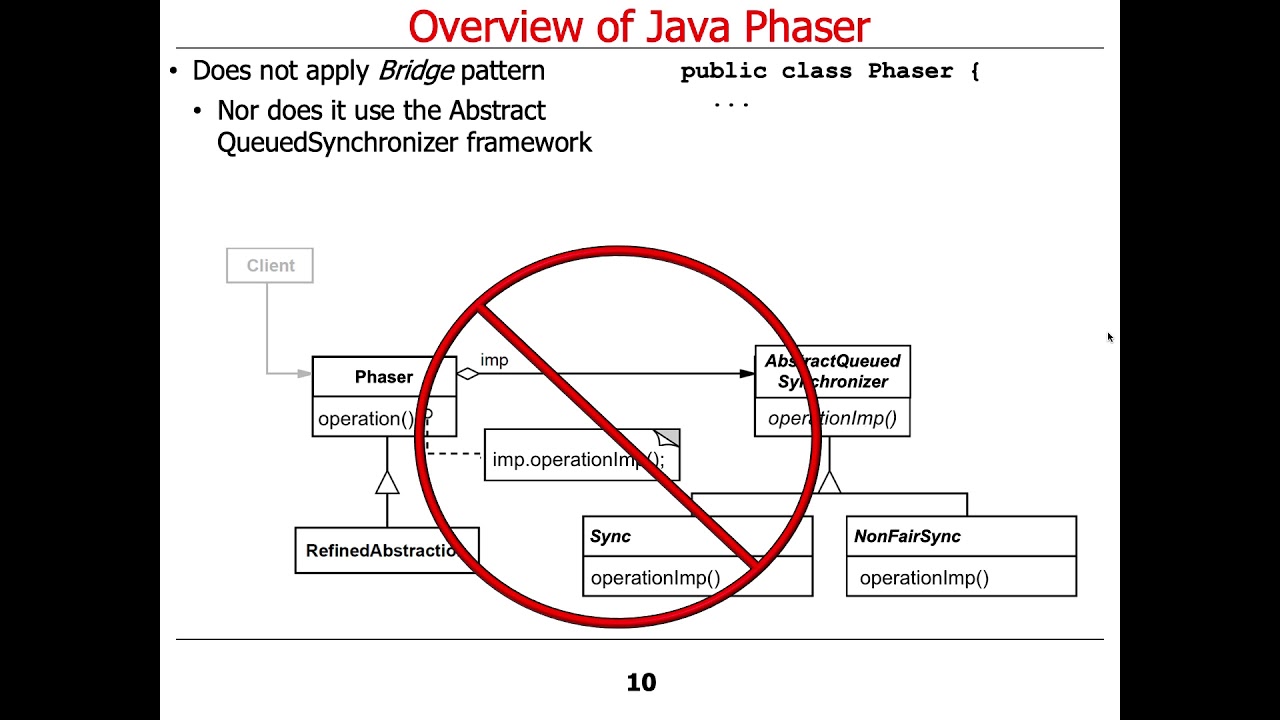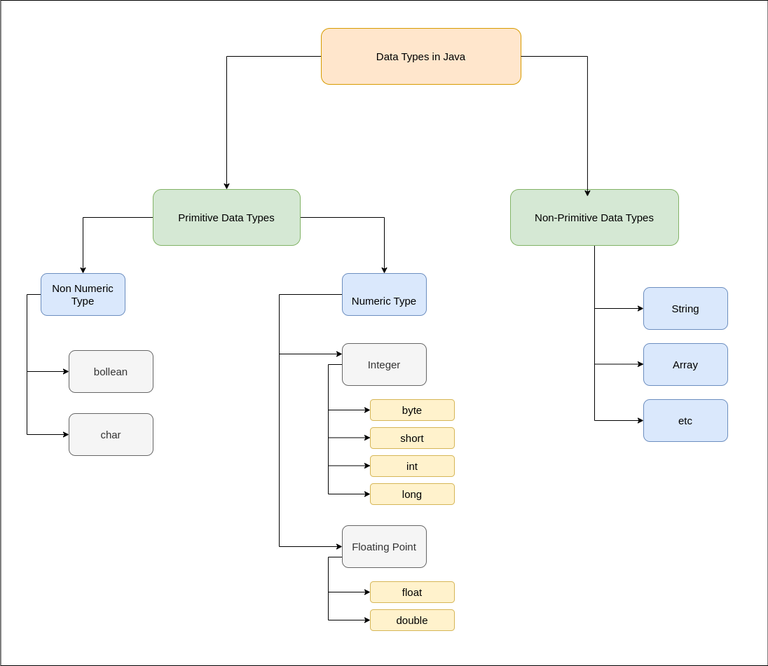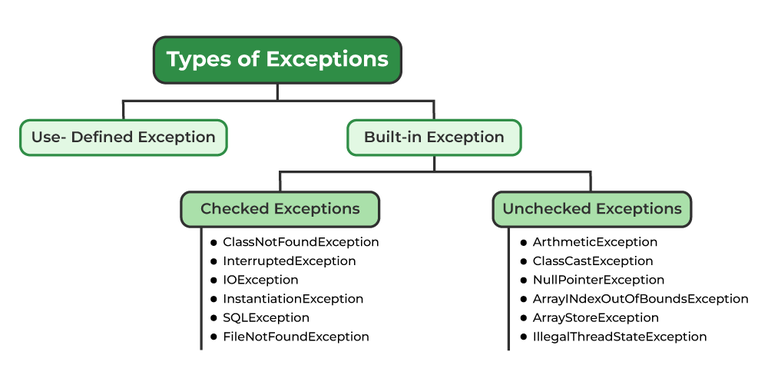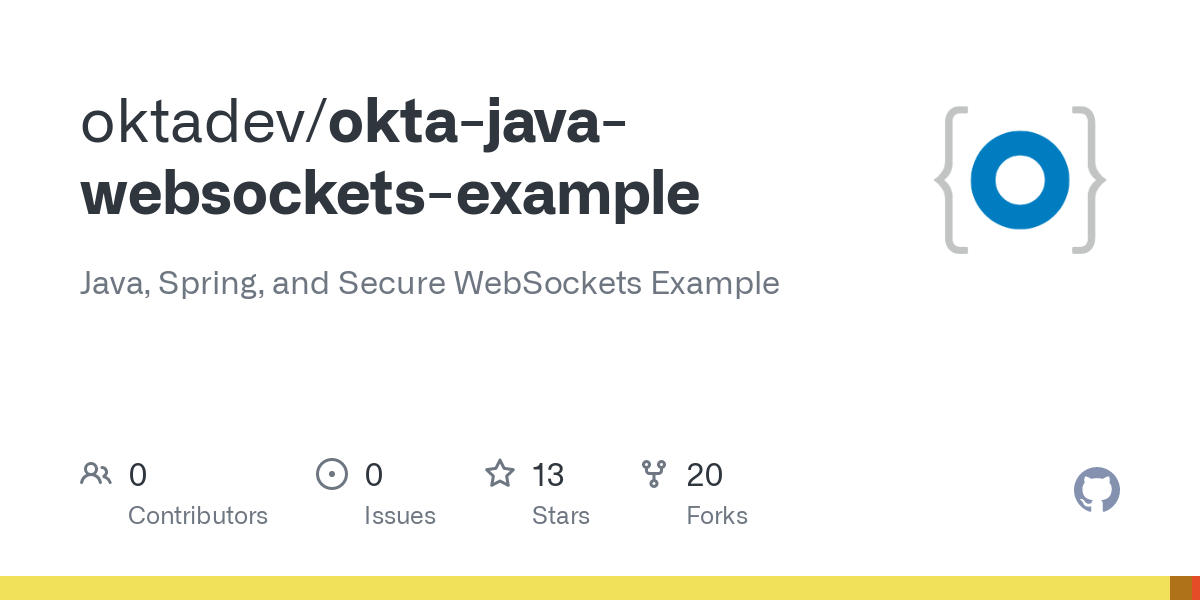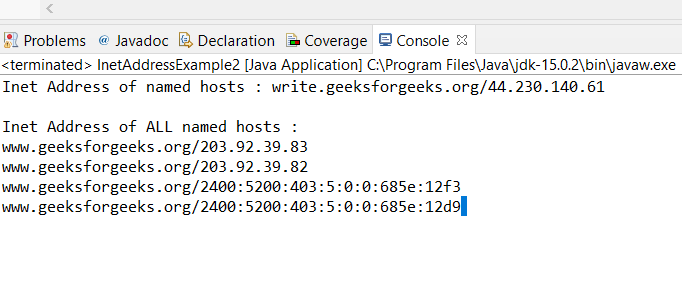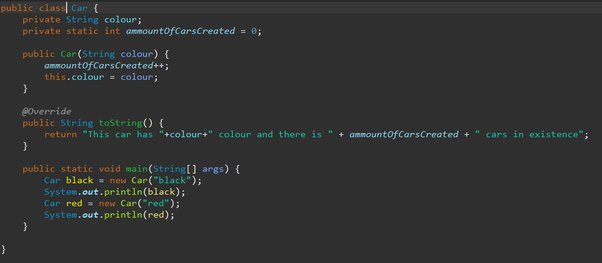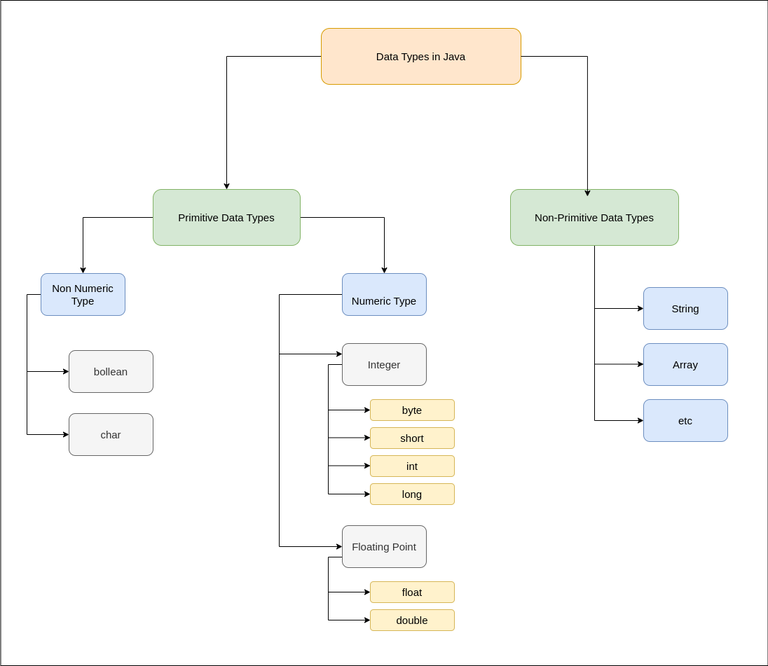Do data engineers use Java or Python?
Do data engineers use Java or Python?
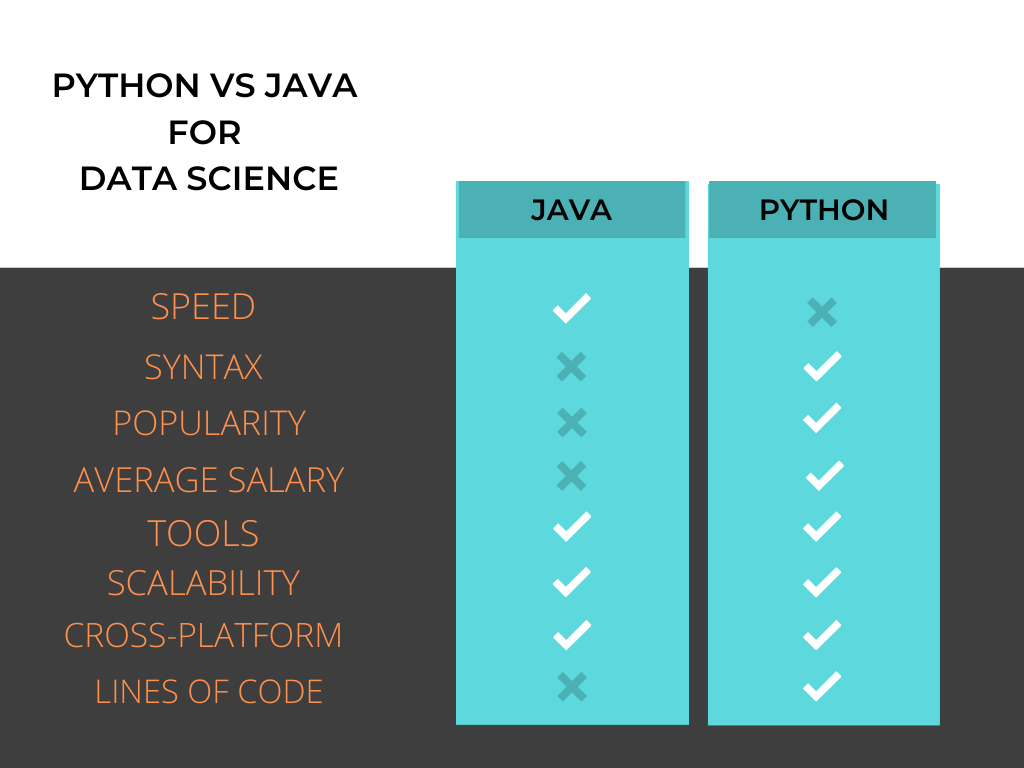
The age-old debate: Java or Python? Both are popular choices among data engineers, and the answer ultimately depends on individual preferences, project requirements, and organizational cultures.
Java is a mature language with a large ecosystem of libraries and tools, making it an excellent choice for building scalable data processing pipelines. Apache Hadoop, Apache Spark, and Apache Flink are prominent examples of frameworks that rely heavily on Java. Data engineers working in the finance, insurance, or government sectors might favor Java due to its widespread adoption and well-established reputation in these industries.
Python, on the other hand, has gained immense popularity among data scientists and engineers in recent years. Its simplicity, readability, and versatility make it an excellent choice for rapid prototyping, data exploration, and machine learning tasks. Libraries like Pandas, NumPy, and scikit-learn provide efficient data manipulation and analysis capabilities. Python's ease of use and extensive community support make it an attractive option for smaller startups or agile teams.
When deciding between Java and Python, consider the specific requirements of your project:
Scalability: If you're working on a large-scale data processing pipeline that requires high performance and scalability, Java might be a better fit due to its strong support for concurrent programming and memory management. Machine Learning: For machine learning tasks, including model training, deployment, and hyperparameter tuning, Python's extensive library ecosystem and simplicity make it an excellent choice. Data Integration: When integrating with various data sources, such as databases, files, or messaging queues, Java's robust support for enterprise integration patterns (EIP) can be a significant advantage. Development Speed: If your team prioritizes rapid development and prototyping, Python's ease of use and concise syntax might give you an edge in terms of time-to-market.Ultimately, the choice between Java and Python comes down to personal preference, project requirements, and organizational culture. Many data engineers successfully work with both languages, depending on the specific needs of their projects. A well-rounded data engineer should be familiar with both Java and Python, as well as other relevant technologies, to tackle a wide range of data engineering tasks.
In conclusion, while both Java and Python are popular choices among data engineers, the choice ultimately depends on individual preferences, project requirements, and organizational cultures. By considering factors like scalability, machine learning, data integration, and development speed, you can make an informed decision that suits your needs.
What is the salary of Java vs Python?
The eternal debate between Java and Python! Both are popular programming languages with a wide range of applications, but what about their salaries? Let's dive into the numbers!
Java Salaries
According to various sources, including Glassdoor, Indeed, and Stack Overflow, here are some average salary ranges for Java developers:
Junior Java Developer: $65,000 - $85,000 per year (based on 2-3 years of experience) Mid-level Java Developer: $90,000 - $125,000 per year (based on 5-7 years of experience) Senior Java Developer: $130,000 - $170,000 per year (based on 10+ years of experience)Some notable companies that hire Java developers and their corresponding average salaries are:
Google: $124,000 - $164,000 per year Amazon: $120,000 - $160,000 per year Microsoft: $115,000 - $155,000 per yearPython Salaries
Now, let's look at the Python landscape!
According to Glassdoor, Indeed, and Stack Overflow, here are some average salary ranges for Python developers:
Junior Python Developer: $60,000 - $80,000 per year (based on 2-3 years of experience) Mid-level Python Developer: $85,000 - $115,000 per year (based on 5-7 years of experience) Senior Python Developer: $110,000 - $140,000 per year (based on 10+ years of experience)Some notable companies that hire Python developers and their corresponding average salaries are:
Google: $120,000 - $160,000 per year Amazon: $115,000 - $155,000 per year Facebook: $110,000 - $140,000 per yearComparison
Now that we've seen the salary ranges for both Java and Python developers, let's compare them:
Both languages have similar average salary ranges for junior developers. Mid-level developers in Java tend to earn slightly more than their Python counterparts. Senior developers in both languages can earn significantly more, but Java seniors tend to earn around $10,000 - $20,000 more per year.Keep in mind that these numbers are averages and can vary depending on factors like location, company size, experience, and specific job requirements. Additionally, salaries for freelance or consultant work may differ from those listed above.
In conclusion, while both Java and Python developers can earn a good income, Java seniors tend to earn slightly more than their Python counterparts. However, it's essential to remember that these numbers are averages, and individual experiences may vary. Ultimately, the choice between Java and Python depends on your personal interests, skills, and career goals!


